W. Antoni Sinkfield: To Succeed in 21st Century, Communities Need to Get Connected Now
One of the primary responsibilities of being a faith leader is to listen to your community and understand its problems.
Broadband Breakfast
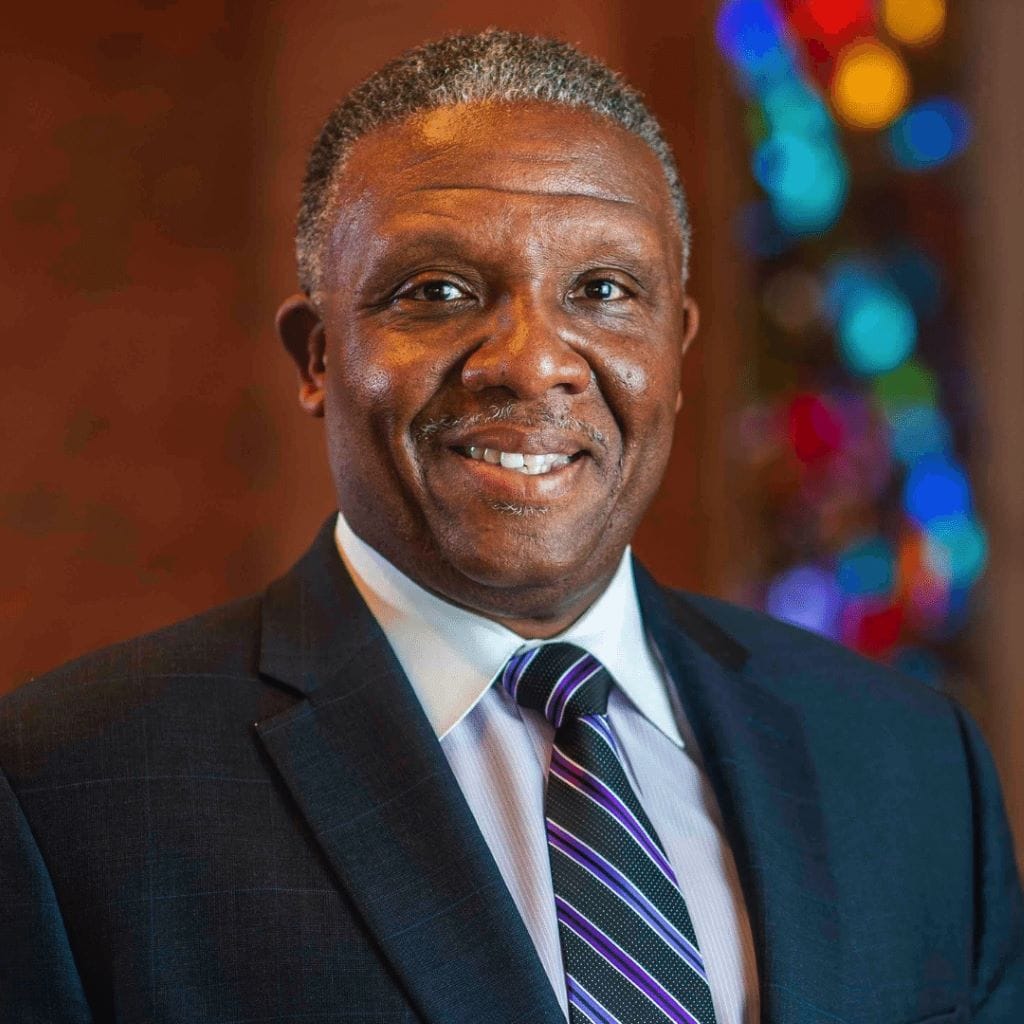
One of the primary responsibilities of being a faith leader is to listen to your community, understand its problems, and provide support in challenging times. Particularly during the pandemic, it has been hard not to notice that my parishioners, and folks across the country, are divided into two groups: those with access to the internet, and those without.
In 2022, digital inclusion is still something we strive for in poor and rural areas throughout America. The lack of reliable internet access is an enormous disadvantage to so many people in all facets of their lives.
To fully participate in today’s society, all people, no matter who they are and no matter where they live, must have access to the internet. Think of the remote learning every child had to experience when schools were closed, and the challenges that families faced when they didn’t have access to a quality connection.
It’s a question of plain fairness.
Politicians have been talking for decades about bringing high-speed internet access to everyone, however many families continue to be left behind. More than 42 million people across the country lack affordable, reliable broadband connections, and as many as 120 million people who cannot get online are stuck with slow service that does not allow them to take advantage of everything the internet has to offer.
People of color are disproportionately affected by lack of broadband access
Lack of broadband disproportionately affects communities of color, as well: 35 percent of Americans of Latino descent and 29 percent of African-Americans do not have a broadband connection at home.
Every person in rural towns, urban neighborhoods, and tribal communities needs and deserves equal and full economic and educational opportunities. Studies show that students without home access to the internet are less likely to attend college and face a digital skills gap equivalent to three years’ worth of schooling. Small businesses, which are the cornerstone of rural and urban communities alike, need broadband to reach their customers and provide the service they expect.
Simply put, having access to the internet in every community is vital to its ability to succeed in the 21st century.
Fortunately, we have an opportunity to take major steps toward a solution. Last year, Congress passed President Biden’s Infrastructure Investment and Jobs Act, which provides $65 billion to expand broadband access and affordability. It is essential that we use this money to connect as many unserved and underserved communities as we can – and as quickly as we can.
Different places need different options to bridge the digital divide
As we bridge the digital divide, we must listen to those who have been left behind and make sure that we deploy solutions that fit their needs. Different places need different options – so it’s important that all voices are heard, and the technology that works best for the community is made readily available.
All people need access to broadband to learn, work, shop, pay bills, and get efficient healthcare.
When I talk to my parishioners, they speak about how much of their lives have transitioned online and are frustrated about not having reliable access. They do not care about the nuances of how we bring broadband to everyone. They just want to have it now – and understandably so.
This means that we must explore all solutions possible to provide high-speed broadband with the connection and support they need, when they need it, regardless of where they live.
Now is the time to meet those struggling where they are, stop dreaming about bridging the divide, and just get it done. Our government has a rare opportunity to fix an enormous problem, using money already approved for the purpose. Let’s make sure they do so in a manner that works for the communities they’re trying to help.
Rev. W. Antoni Sinkfield, Ph.D., serves as Associate Dean for Community Life at Wesley Theological Seminary, and is an ordained Itinerate Elder in the African Methodist Episcopal Church. This piece is exclusive to Broadband Breakfast.
Broadband Breakfast accepts commentary from informed observers of the broadband scene. Please send pieces to commentary@breakfast.media. The views expressed in Expert Opinion pieces do not necessarily reflect the views of Broadband Breakfast and Breakfast Media LLC.


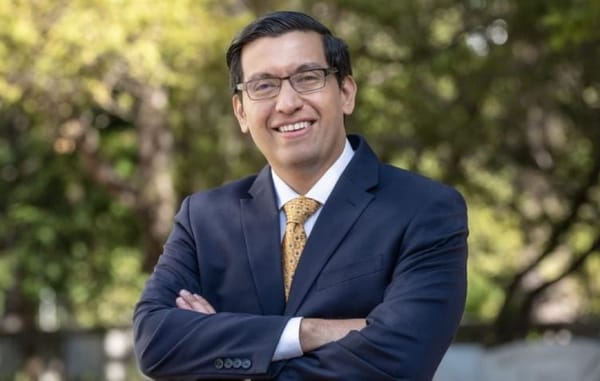
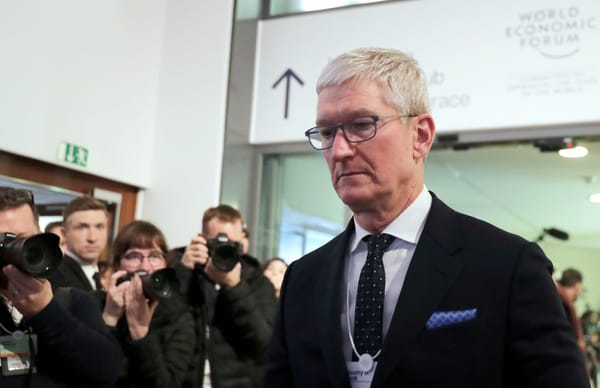
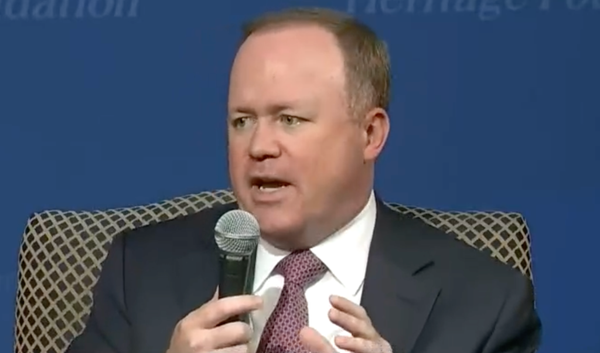
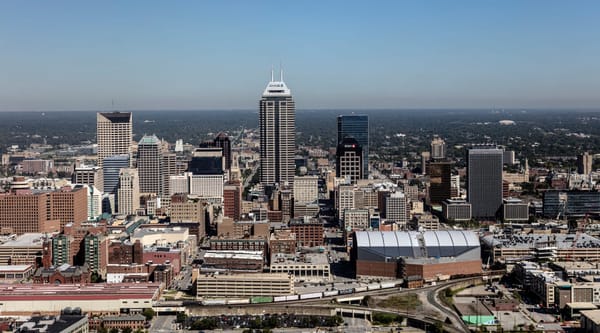



Member discussion